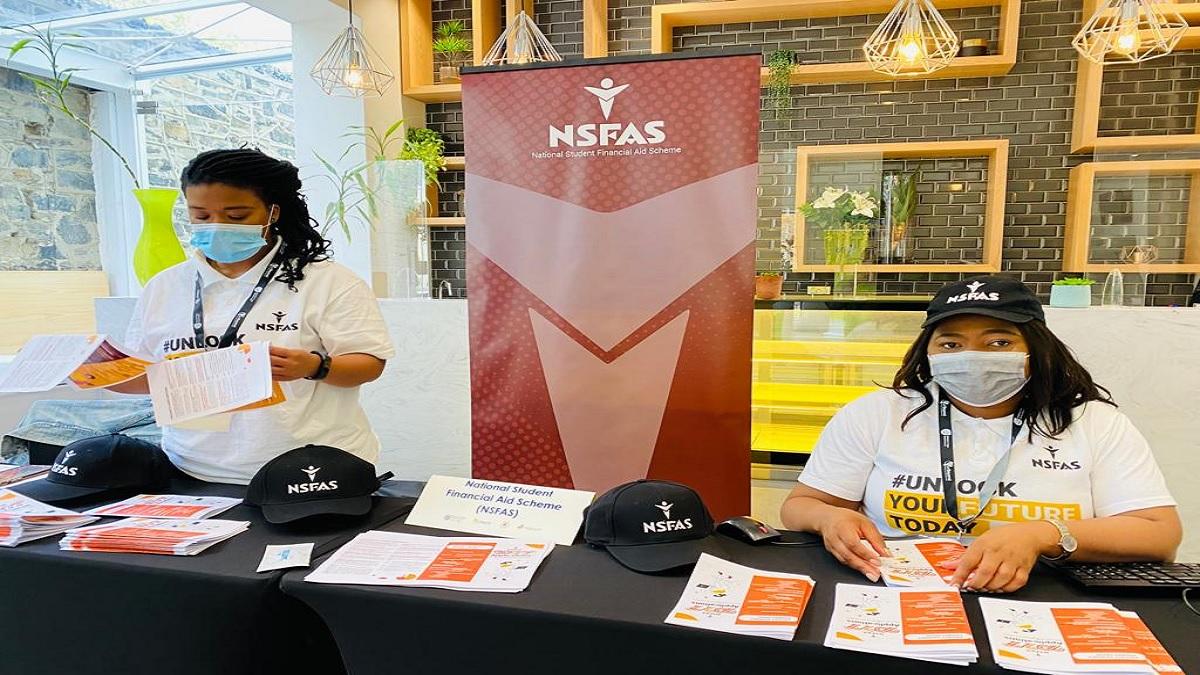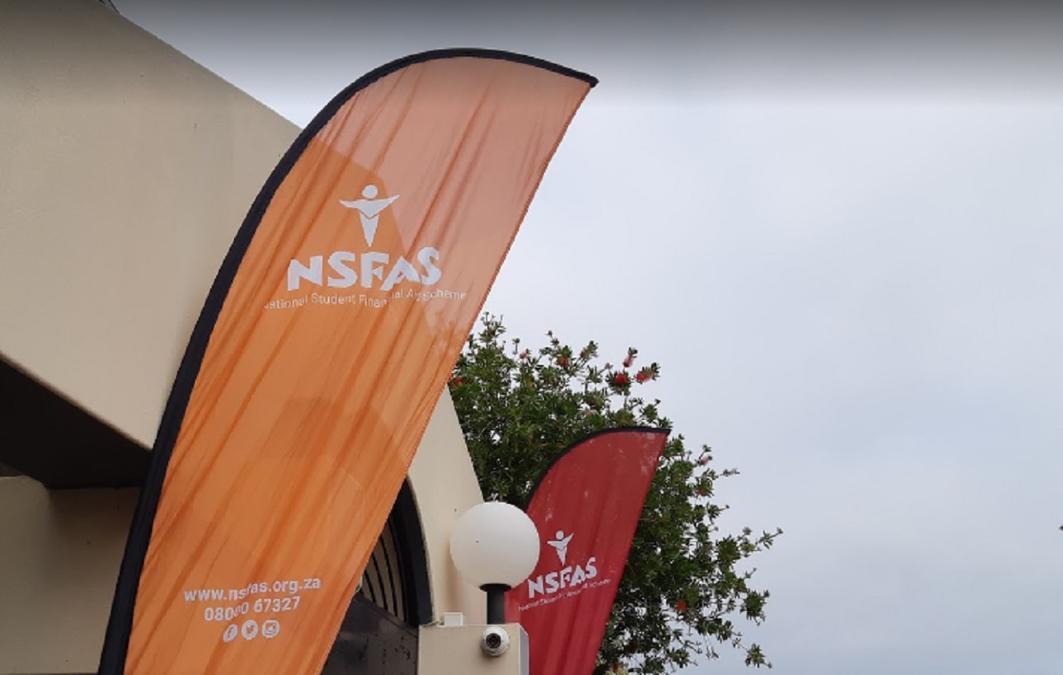The National Student Financial Aid Scheme is responsible for ensuring that all financially vulnerable and qualifying students in the country’s public tertiary institutions are funded. Here is what the bursary scheme has had to say with regards to its progress in allocating bursary funds to eligible students.
The National Student Financial Aid Scheme (NSFAS) has said it is currently in the process of making bursary payments to all university student funding applications that have been approved by tertiary institutions across the country.
NSFAS recently confirmed that they would start allocating bursary allowances to all public universities in the country with effect from 31 March 2022. The bursary scheme has continued to reassure approved student applicants that they are still in the process of paying out student allowances.
Read more: NSFAS Confirms Release Date Of Allowances To Institutions
For those curious as to how the funding allocation process works for university students who’s funding application has been approved.
Universities allocate funds either directly to a student’s bank account, in which case, they will be required to provide valid personal and banking details to the institution’s system.
Other universities pay out student allowances in accordance with contractual agreements that they have entered into with payment administrators such as Fundi or Intellimali.
For university students, the bursary allowance covers accommodation, living allowance, transport and learning materials, arranged according to the amounts listed below:
- Accommodation: As per the actual costs charged by the university (costs for private accommodation must not exceed costs for university residence)
- Transport (up to 40 km from the institution) R7 500 per annum
- Living allowance R15 000 per annum
- Book allowances R5 200 per annum
- Incidental/personal care allowance R2 900 per annum for students in catered residences
To quality for NSFAS funding, university students must meet the application requirements listed below:
- Be a South African citizen
- If you are a SASSA grant recipient you automatically qualify for funding
- Be an applicant whose combined household income is not more than R350 000 per annum
- For applicants with disability: The combined household income must not exceed R600 000 per annum
- Be a student who started studying before 2018 whose household income is not more than R122 000 per annum.

